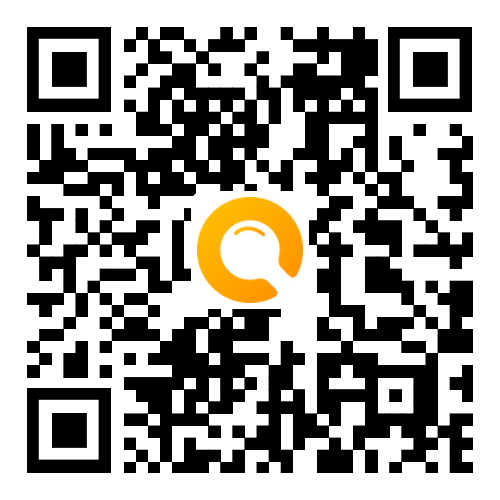 题目内容
(请给出正确答案)
题目内容
(请给出正确答案)
How Babies Learn LanguageDuring the first year of a child's life, parents and careers are
How Babies Learn Language
During the first year of a child's life, parents and careers are concerned with its physical development; during the second year, they watch the baby's language development very carefully. It is interesting just how easily children learn language. Children who are just three or four years old, who cannot yet tie their shoelaces, are able to speak in full sentences without any specific language training.
The current view of child language development is that it is an instinct—something as natural as eating or sleeping. According to experts in this area, this language instinct is innate—something each of us is born with. But this prevailing view has not always enjoyed widespread acceptance.
In the middle of last century, experts of the time, including a renowned (著名的) professor at Harvard University in the United States, regarded child language development as the process of learning through mere repetition. Language "habits" developed as young children were rewarded for repeating language correctly and ignored or punished when they used incorrect forms of language. Over time, a child, according to this theory, would learn language much like a dog might learn to behave properly through training.
Yet even though the modern view holds that language is instinctive, experts like Assistant Professor Lise Eliot are convinced that the interaction a child has with its parents and caregivers is crucial to its developments. The language of the parents and caregivers act as models for the developing child. In fact, a baby's day-to-day experience is so important that the child will learn to speak in a manner very similar to the model speakers it hears.
Given that the models parents provide are so important, it is interesting to consider the role of "baby talk" in the child's language development. Baby talk is the language produced by an adult speaker who is trying to exaggerate certain aspects of the language to capture the attention of a young baby.
Dr Roberta Golinkoff believes that babies benefit from baby talk. Experiments show that immediately after birth babies respond more to infant-directed talk than they do to adult-directed talk. When using baby talk, people exaggerate their facial expressions, which helps the baby to begin to understand what is being communicated. She also notes that the exaggerated nature and repetition of baby talk helps infants to learn the difference between sounds. Since babies have a great deal of information to process, baby talk helps. Although there is concern that baby talk may persist too long, Dr Golinkoff says that it stops being used as the child gets older, that is, when the child is better able to communicate with the parents.
Professor Jusczyk has made a particular study of babies' ability to recognize sounds, and says they recognize the sound of their own names as early as four and a half months. Babies know the meaning of Mummy and Daddy by about six months, which is earlier than was previously believed. By about nine months, babies begin recognizing frequent patterns in language. A baby will listen longer to the sounds that occur frequently, so it is good to frequently call the infant by its name.
An experiment at Johns Hopkins University in USA, in which researchers went to the homes of 16 nine-month-olds, confirms this view. The researchers arranged their visits for ten days out of a two week period. During each visit the researcher played an audio tape that included the same three stories. The stories included odd words such as "python" or "hornbill", words that were unlikely to be encountered in the babies' everyday experience. After a couple of weeks during which nothing was done, the babies were brought to the research lab, where they listened to two recorded lists of words. The first list included words heard in the story. The second included s
A.Y
B.N
C.NG
 答案
答案

























